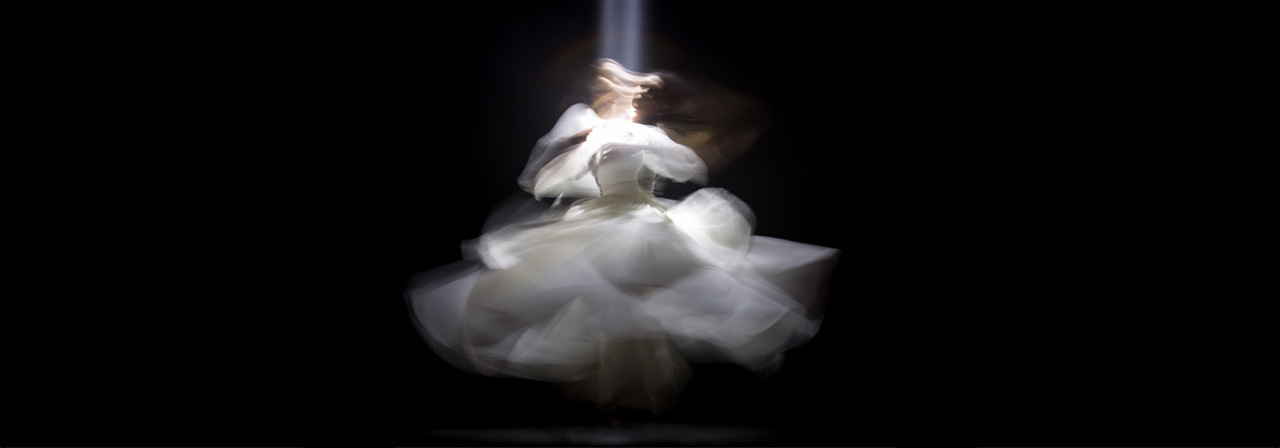My overall approach to treatment is deeply informed by my training in spiritually integrated psychotherapy.
What does this mean? Before I explain, let me be very clear about what it is not: It is not tied into any one religion or faith tradition. It is not faith-based counselling. It is not pastoral counselling.
What is spiritually integrated psychotherapy, then?
First, I understand “spirituality” as the search for, or the experience of, the sacred. But what is the sacred?
I define “sacred” very broadly as anything that’s valued because you experience it as special, holy, or ultimate. That may be God, multiple divinities, or some other form of the Divine. It may be the spirits in the water, rocks, trees, land, fire, air, and other elements of the natural world. It may be your animals, your garden, your art, your music, your family, your volunteer work, your sexuality, your political activism…
Spiritually integrated psychotherapy means that we include all areas of your life in treatment and that we work against the disintegration of our selves that can occur when we split apart our experiences, memories, feelings, thoughts, values, and beliefs.
It also means that I incorporate a variety of concepts and approaches in your treatment so that your whole self can heal and flourish. My life experiences, along with my studies in religion and theology, have equipped me to engage comfortably, knowledgeably, and empathetically with a wide range of spiritual pathways and religious traditions.
My training prepared me to feel at home with individuals from a broad spectrum of backgrounds, to be skilled at finding common ground with others, and to always be open to educating myself further. I’ve worked diligently to develop spiritual flexibility, and it’s a key component of the way I provide psychotherapy.
What does this mean in practical terms? Here are just a few hypothetical examples of the kinds of clients I might work with:
- A client who converted to Islam for the sake of his wife, and is now facing divorce along with uncertainty about his religious identity;
- A client who was abused by a priest but wants to find a way to remain in her religious community;
- A transgender Mormon client who is leaving their religious community and trying to establish a secular life;
- An Orthodox Jewish client, diagnosed with scrupulosity (religious OCD), who is struggling with extreme anxiety about various aspects of religious observance, most of all with the rules of kashrut (keeping kosher);
- A client who is trying to find a way to reconcile being both Christian and Buddhist.
In the spirit of freedom and individuality, my training in spiritually integrated psychotherapy also means we do not ever need to talk about religion or spirituality as such if you do not want to. I have no interest in converting you to any particular viewpoint. I welcome clients who identify as atheist, agnostic, and nonreligious/nontheistic. I also welcome your questions about these aspects of my practice.
Copyright 2022 Deborah Birkett

